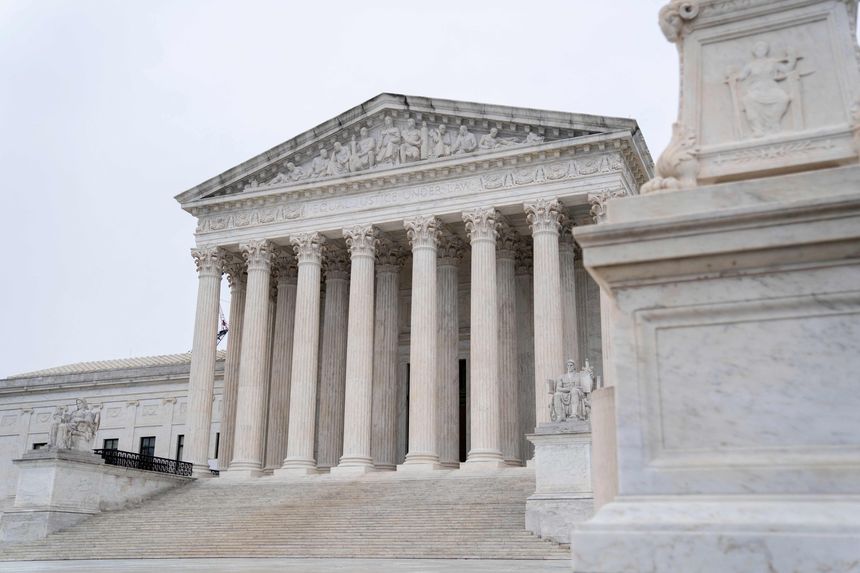The U.S. Supreme Court in Washington, Jan. 19.
Photo:
Stefani Reynolds/Agence France-Presse/Getty Images
The marshal of the Supreme Court seems to have come up empty in her investigation of who leaked Justice
Samuel Alito’s
draft opinion in Dobbs v. Jackson Women’s Health Organization. But there may yet be a way of finding out who did it—if the House Judiciary Committee is willing to play hardball with the press.
After the marshal’s report came out,
Donald Trump
offered the following advice on his social-media site: “Go to the reporter and ask who he/she is. If no answer is given, throw anyone in jail until an answer is given. . . . It won’t be long before the name of this slime will be revealed!”
The marshal’s office has no such authority, and there’s unlikely to be a criminal investigation in connection with the leak. But the Judiciary Committee could subpoena the Politico reporters who broke the story.
They would surely refuse to reveal the source, and the committee would have to petition a court to compel the disclosure. Under federal law, journalists don’t have an absolute privilege to keep their sources secret, as
Judith Miller
can attest. As a
reporter, Ms. Miller spent 85 days in jail in 2005 for refusing to divulge a source in a leak investigation involving the identity of a former covert Central Intelligence Agency officer. Other journalists have been compelled to reveal their sources when courts decided the governmental interest in disclosure outweighed the journalistic interest in protection.
What are the countervailing interests in this potential case? In general, the public has a great interest in sources revealing, and the media publishing, secrets about official misconduct or questionable actions that the government seeks to suppress. The Pentagon Papers and some of what was published by…
Click Here to Read the Full Original Article at RSSOpinion…

